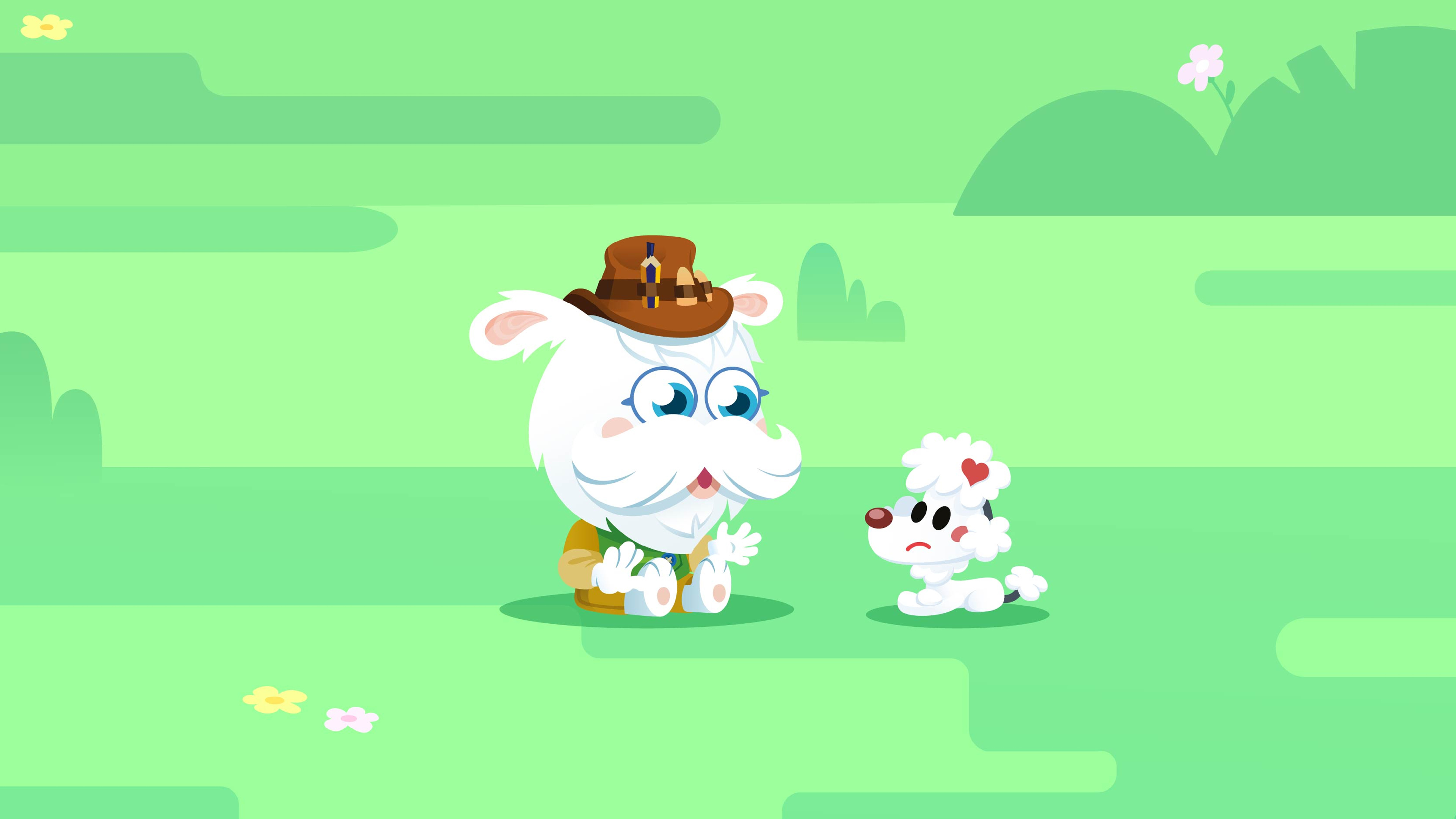
- 3 mins
How Not to Be Jealous of Parenting Friends

A classroom is a place full of children who are learning about themselves and their relationships with peers. Among the many emotions that children experience, jealousy is a common one—a mishmash of insecurity, anger and frustration. This can be a difficult concept for younger children to grasp, but with regular mindfulness practice, students can cultivate greater self-awareness and improved social and self-management skills—key components of social-emotional learning.
Support students in understanding what they are feeling. Anger toward another student, for example, could be sourced from jealousy. It is developmentally typical for Alice to feel jealous of Marty’s beautiful painting, especially if she is not happy with her own. Perhaps it’s even okay for her to be a little bit angry, which is typical of feeling frustrated and insecure. What is not okay is for Alice to tear up Marty’s painting. In addressing the issue, it is important to separate the behavior (destroying the artwork) from what she is feeling (jealousy). The emotion of jealousy isn’t always rational, and it can be very hard to control. Kids are relieved to be reassured that even parents and teachers struggle with feelings of jealousy, and talking through how our feelings and behaviors are connected and can be separated begins to empower students to take control of their feelings.
Students should be reassured that success is not always measured in numbers or grade reports or the quality of a final product. What comes easily to one may be difficult for another. Students in the same classroom come from varied backgrounds. Encourage kids to practice gratefulness and to focus on their values as opposed to material goods. Especially in group work, students have the opportunity to interact with peers that they may not have a social relationship with. Use group tasks to mix up students with varying strengths and challenges and encourage them to support one another in the various ways they can help each other.
A great activity is to work together as a class around an issue relating to jealousy. Students can get creative here and build something very serious or very silly, breaking out into small groups (or pairs) to create a comic strip, a short play, or a narrative. If Eric has been jealous of Kareem, encouraging them to work together can help change Eric’s perception of Kareem. He will likely discover that no one is perfect—and that everyone has their own struggles and insecurities. Spending time with varied groups of other kids gives students a chance to work with personalities they may not naturally migrate to. Finding a way to work well with others, even though they may have some conflicts, is a skill that will serve students well their whole lives.
Discouraging comparison, and teaching students to do the same, is a strong tool when managing jealousy. Avoid putting pressure on students to consistently achieve 100% perfection. Ensure that different strengths are recognized. For example, Emily really struggles with her spelling. Communicate feedback that is purposefully about individual growth and not a comparison to other students’ performance. Use the feedback structure of positive reinforcement/constructive feedback/positive reinforcement. First, highlight a positive—list the words that Emily spelled correctly. Include the constructive feedback—on how she can work on a few improvements. End on a positive—return to emphasizing her efforts and tenacity.
Encourage students to be truly and authentically who they are and promote acceptance and free expression. Children can transform feelings of insecurity and jealousy of others’ achievements into a celebration of their own individuality when they are connected with their personal strengths. Not every child will be an outstanding scholar or gifted athlete. Honoring each student’s unique accomplishments and talents leads to increased empathy and decreased jealousy.
Listen to Understanding Jealousy with Buster & Fifi and use this conversation guide and activity. This is a great resource to use in the classroom or to send home as a family activity.